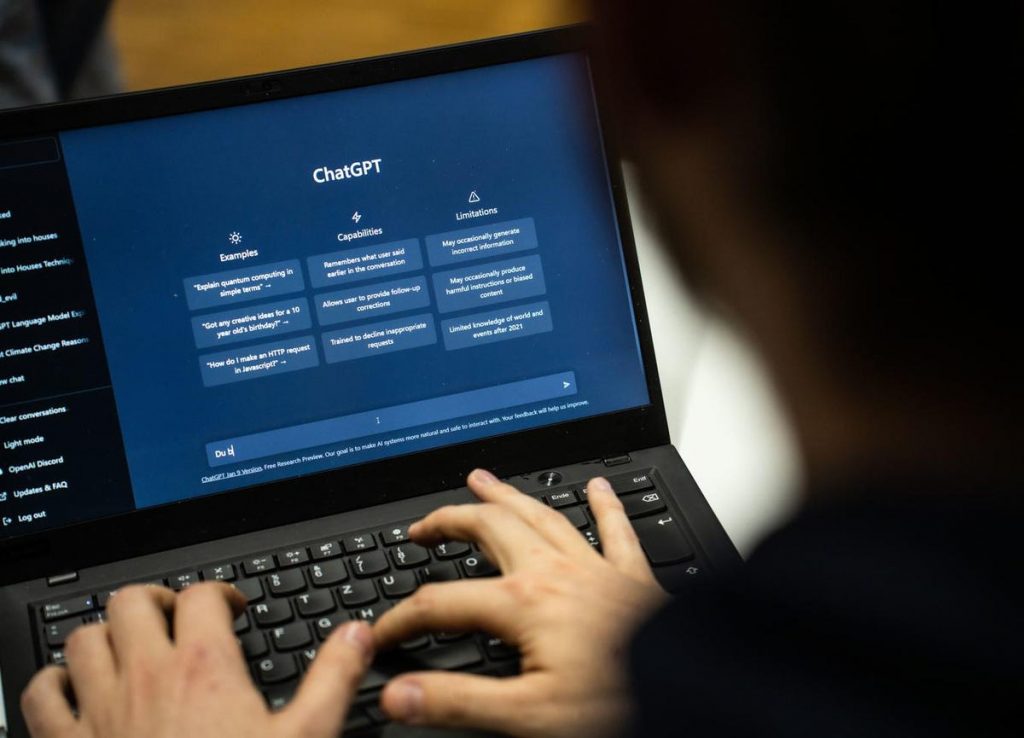Artificial intelligence (AI) continues to push the boundaries of what is possible, and a recent experiment by Alejandro Lopez-Lira, a finance professor at the University of Florida, suggests that large language models, such as ChatGPT, may have the ability to predict stock movements by parsing news headlines. Lopez-Lira found that ChatGPT’s ability to forecast the direction of next day’s stock returns was significantly better than random, according to a recent unreviewed paper.
The experiment sheds light on the potential of “emergent abilities” of AI models, which are capabilities that were not originally planned when the models were built. If ChatGPT can understand financial news headlines and predict their impact on stock prices, it could potentially disrupt high-paying jobs in the financial industry. Goldman Sachs estimated that around 35% of financial jobs are at risk of being automated by AI.
However, it is important to note that the experiment has limitations. ChatGPT did not consider target prices or perform any mathematical calculations, and sentiment analysis of headlines as a trading strategy is already well-established, with proprietary datasets already in existence. Lopez-Lira believes that sophisticated investors are not yet using ChatGPT-style machine learning in their trading strategies, as the experiment results were surprising.
The implications of such findings are significant. From a regulatory perspective, the use of AI in financial markets could impact the relevance of headlines and raise questions about access to models like ChatGPT. Additionally, it could have implications on the employment landscape of financial analysts, as the use of AI for predicting stock movements becomes more prevalent. The experiment also highlights the potential for AI to outperform commercial datasets with human sentiment scores, indicating the evolving capabilities of these models.
Lopez-Lira’s experiment involved analyzing over 50,000 headlines from a data vendor about public stocks on major stock exchanges. The headlines were fed into ChatGPT, which was prompted to provide a “YES” or “NO” response indicating whether the news was good or bad for the stocks, followed by a concise sentence elaborating on the response. The stocks’ returns during the following trading day were then examined.
The results showed that ChatGPT performed better than random and beat commercial datasets with human sentiment scores in most cases. However, Lopez-Lira acknowledges that the experiment only considered stock prices for the next trading day, and factors such as market efficiency and increased usage of similar tools could impact the model’s performance in the future.
Despite the potential of ChatGPT and other large language models in predicting stock movements, it is crucial to exercise caution and consider the limitations and ethical implications of using AI in financial markets. Further research and regulatory oversight are necessary to ensure responsible and fair use of these technologies. As the field of AI continues to advance, it will be interesting to see how these models evolve and potentially disrupt the finance industry in the coming years.

